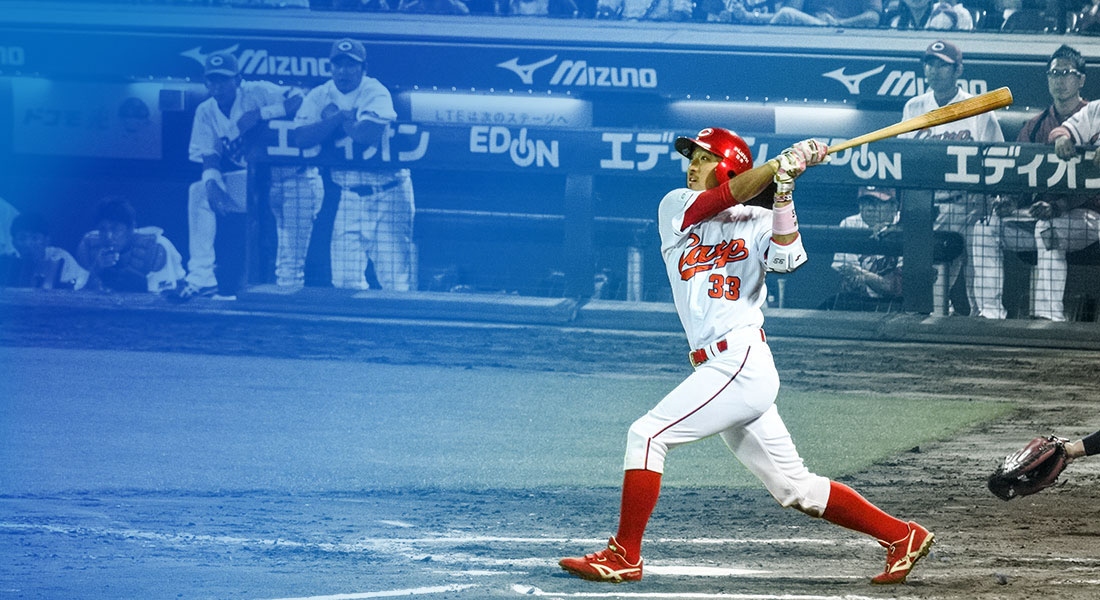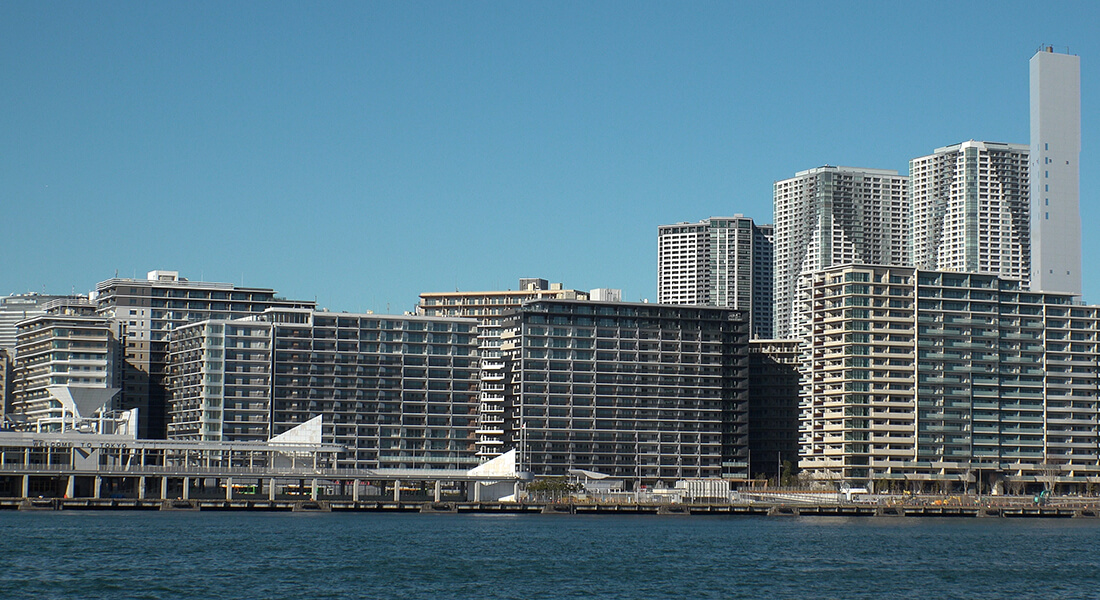Tokyo 2020: from euphoria to deep worry
There was great joy and honour when the Japanese capital Tokyo was selected as host of the 2020 Olympics. Now they would show that Japan was back on the world stage again after the economic crisis in the 1990s.

When the Japanese Prime Minister at the time Shinzo Abe appeared during the closing ceremony in Rio in 2016 to take over as host of the Olympic Games after Brazil, he was dressed as the popular Japanese computer game character Super Mario. As Super Mario, he had made his way through Earth in a pipe to reach Rio in time for the ceremony - to the great excitement of both the Japanese people and the spectators.
Five years later, excitement is not running so high. Now there is deep worry about hosting a huge event like the Olympics in the midst of a pandemic:
Many in Japan are upset that considerations for the Olympic Games outweigh considerations for public health.
- Assistant Professor Jens Sejrup, Japanese Studies
“So far, Japan has done relatively well during the corona crisis. It’s important to remember that Tokyo is one of the most densely populated cities in the world with more than 12 million inhabitants, and they’ve had relatively low infection rates at the same level as in Denmark. Among other things, this is because the country has been completely closed off to the outside world. This is why many Japanese are now also worried about the many athletes from all over the world coming into the country in connection with the Olympics. They fear major outbreaks of infection, especially because they have begun to vaccinate the population late,” explains Associate Professor Marie Højlund Roesgaard from Japanese Studies at the University of Copenhagen.
Her colleague Jens Sejrup, who is assistant professor at the same place, adds:
“Many Japanese are also upset that the International Olympic Committee (IOC) can apparently overrule the wishes of the people, and that considerations for the Olympic Games outweigh considerations for public health. Some of the prefectures (provinces) that are to house Olympic athletes have been instructed to keep hospital beds free for athletes if they become injured. This has not been received well by locals who find it a very strange priority during a pandemic, to say the least. And some prefectures have even announced that they will not necessarily be able to contribute to the Olympics.”
Tokyo is the hub of Japan
According to the two Japan scholars, the debate on the Olympics shows how extremely centralised Japan is. The prefectures are self-governing, but in practice, all major decisions are made in Tokyo.
“If we think that we have challenges with centralisation and stagnating peripheral areas in Denmark, then it’s nothing compared to the problems in Japan. Nothing happens in Japan that doesn’t come from Tokyo, and the prefectures often just feel like a service function for the capital,” Marie Højlund Roesgaard says and adds:
“The Olympic Games were intended as an opportunity to involve the peripheral areas more by letting them host foreign athletes and in this way get some attention and income. However, the debate about the Olympics in the shadow of the coronavirus has not lessened the antagonism between Tokyo and the provinces.”
The Danish rowing team have been placed in Akita Prefecture 500 km north of Tokyo, and they have produced this video together with local residents.
The iconic 1964 Games
Tokyo also hosted the Olympic Games in 1964. These Olympics were of great symbolic value to Japan that wanted to show that it had risen after the horrors of World War II to become an industrial superpower.
“The Japanese government has wanted to create a similar narrative about Tokyo 2020. A narrative that Japan has finally recovered from the economic crisis in the 1990s to become a technological and cultural superpower that cannot be overlooked. However, it’s a narrative that they’ve had to revise several times over the past year, and now they just seem mostly concerned with getting through the Games without any major outbreaks of infection or similar disasters,” Jens Sejrup says.
The government has, however, put a lot of effort into establishing links between Tokyo 1964 and Tokyo 2020. For example, they have long been working on a new high-speed train service between Tokyo and Osaka, which they intended to launch in 2020 – just as they
launched the first Japanese high-speed train in connection with the Olympics in 1964 – but it has been delayed several times.
“In general, symbolism is very important to the Japanese people, and they have sought to reuse or build onto the facilities used during the Games in 1964. The famous and iconic Yoyogi swimming stadium from the 1964 Games has been remodelled and will be used as a handball arena during this year’s Olympics. And the new large Olympic stadium has been built on top of the old stadium from 1964 and covered with wood to signal that it’s built according to Japanese traditions and that it’s sustainable,” Jens Sejrup says.
Sustainable Olympics
The marks left by previous Olympic Games with facilities worth billions left empty and unused as soon as competitions were over are understandably frightening. So reuse, recycling and sustainability have been keywords for the Japanese hosts.
“As mentioned, Tokyo is an incredibly densely built-up metropolis, and as soon as you tear something down or establish a new infrastructure, it creates major problems for many citizens. In addition to making sure to reuse the old sports facilities, the Japanese have also considered how the newly built Olympic Village will be reused for housing purposes after the Games and that it must be possible to travel to and from the new district by metro,” Marie Højlund Roesgaard says.
Jens Sejrup adds:
“And because the Games have been postponed, many of the new residents in the flats in the Olympic Village should actually have moved in by now. But they’ll have to wait a while longer, and it’s very expensive to postpone the handover.” This is one of many reasons why the government would really like to avoid postponing the Games once again.

According to Jens Sejrup, another good reason is that millions of merchandise products have already been produced with the logo for Tokyo 2020, and that it will be even more difficult to reuse it if the Olympics are postponed until next year.
“At the same time, it’s a key consideration for the Japanese that Tokyo can become the first Asian city to host the summer Olympics twice. It would be a great achievement and something to be proud of in Japan. But on the other hand, they also risk becoming the first city to cancel the Games twice, since they were supposed to have held the 1940 Olympic Games, which were cancelled due to World War II. This is also a motivation to do everything in their power to go through with the Games, even if it would have to be without spectators and, at least initially, without the local enthusiasm they had hoped for,” Jens Sejrup ends.
Contact
Associate Professor Marie Højlund Roesgaard
Department of Cross-Cultural and Regional Studies
University of Copenhagen
Mobile: +45 51 30 07 16
Email: roesgd@hum.ku.dk
Assistant Professor Jens Sejrup
Department of Cross-Cultural and Regional Studies
University of Copenhagen
Mobile: +45 35 33 40 55
Email: sejrup@hum.ku.dk
